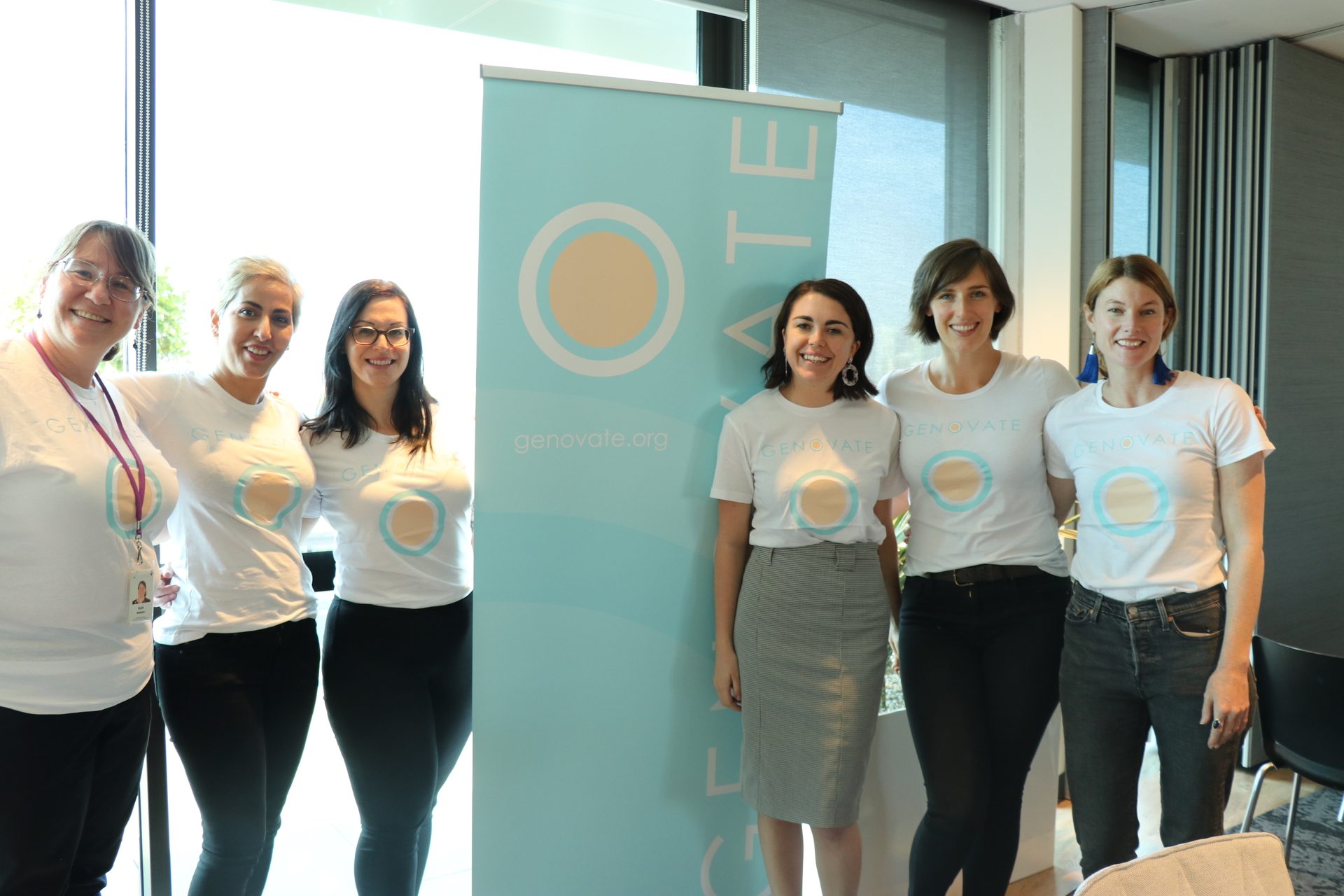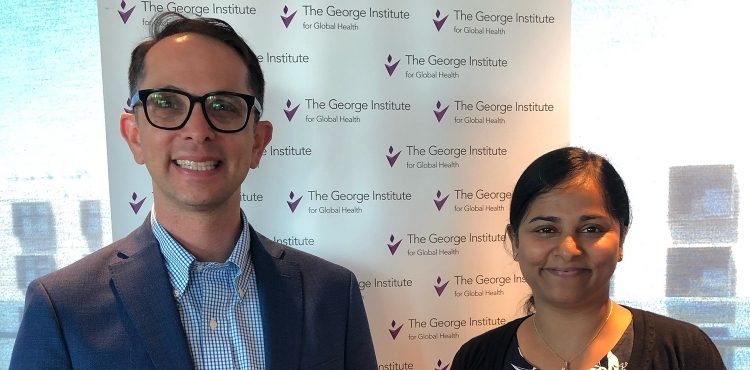On the 24th of October the Sydney office launched Genovate – a social entrepreneurship program – designed to drive impact through disruptive entrepreneurship.
Professor Bruce O’Neal, Executive Direction of The George Institute started the event by explaining the basis for Genovate, that it is unmet needs that should drive innovation in health.
The afternoon then progressed to a panel of experts that explained some of the of the social enterprises that have emerged from The George Institute for Global Health’s research – Ellen Medical, SMARTHEALTH, PolyPill and FoodSwitch – and how they are working to combine profit with purpose to make an impact on global health.
Tristan Berry from Beacohealth, one of our Health10x start-ups, then pitched the world’s first fully automated body repositioning device for immobile patients as a solution to pressure sores in immobile patients and high demands on nursing and care staff.
The over 50 event attendees later broke off into interactive discussion groups that explored the different unmet health needs that are facing different communities around Australia and the world – Aboriginal and Torres Strait Islander communities, women’s health and primary health care in low resource settings. The discussions helped everyone there to look at problems in a different way, and examine how environmental, socio-economic, and systemic context impacts on the health needs of a population.
The launch wrapped up with some snacks and networking drinks.






